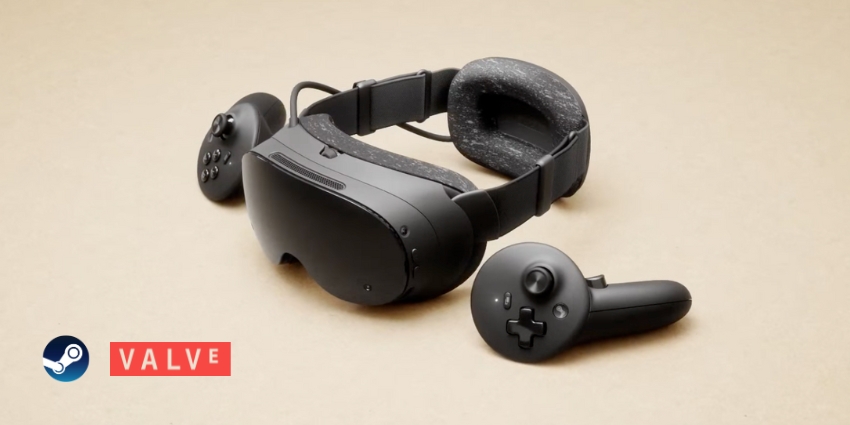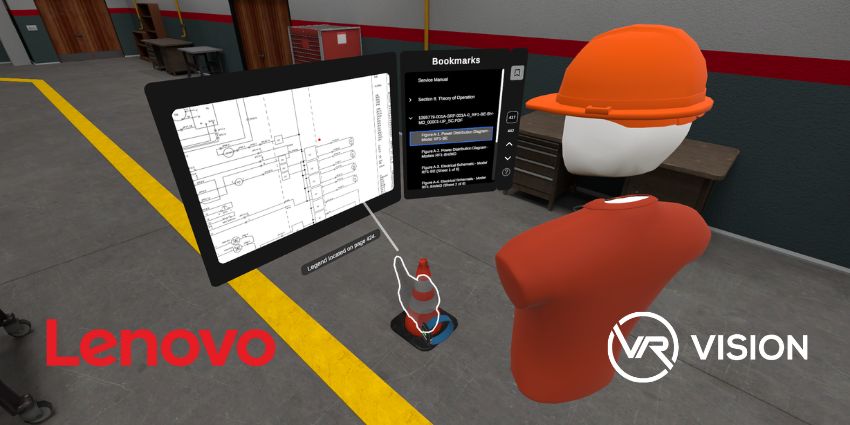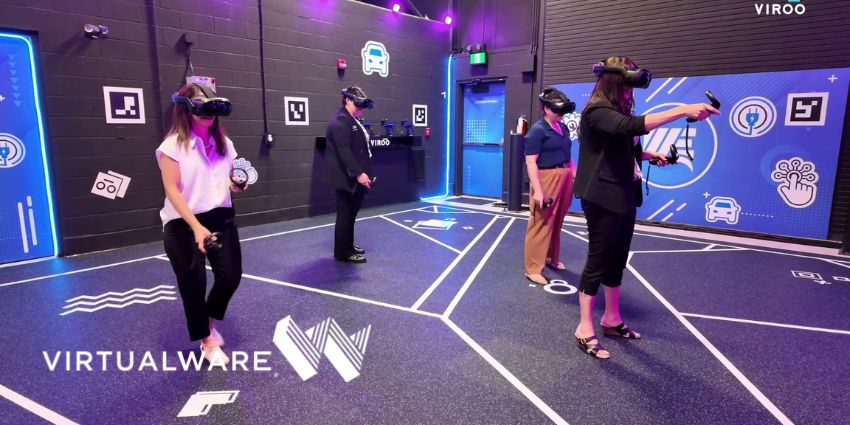Researchers at King’s College London’s School of Biomedical Engineering and Imaging Sciences have developed VR system to improve Magnetic Resonance Imaging (MRI) scans for children and the elderly.
Some patients react negatively to MRI scans, which can trigger anxiety, claustrophobia and other distresses due to limited space in the devices.
Similarly, children and people with cognitive difficulties also struggle with MRI scans, with roughly 50 percent of child MRI scans failing during procedures, the London-based college found.
London researchers have responded by designing a unique VR headset to tackle the problems.
An Immersive Experience for Clinical Use
By using VR technology, patients can enter immersive experiences that disassociate them from MRI scans.
A ‘Gaze’ eye-tracking engine in VR headsets monitors stationary patients as they are scanned in MRI devices but allows them to manoeuvre immersive environments by looking at objects and features.
Additionally, researchers are using mixed reality (MR) technologies, where people can accompany patients in the immersive experience via a webcam and display monitor.
This solution will help a range of patients, but researchers need to develop VR content that fits each person’s individual needs.
Dr Kun Qian, Lead Researcher at the School of Biomedical Engineering and Imaging Sciences, said,
“As this content is likely to be very different depending on age and cognitive capabilities, getting this right and tailoring it for different clinical and study populations is a key next step”
The solution comes as King’s College researchers design and test new environments as the team aims to adopt the solution into healthcare treatments in the future.
King’s College Virtual Reality Research Group
King’s College VR Lab, a development space for mental health solutions, has also spearheaded research into healthcare VR use cases.
Dr Lucia Valmaggia is leading the lab to design immersive experiences that aid mental health therapy.
For example, lab researchers built a VR immersive pub experience to assess and treat psychoses.
Patients can enter the VR pub and introduce themselves to groups of people as doctors alter the virtual crowds’ reactions to trigger positive or negative feedback.
After the simulation, patients can reflect on the experience with their doctor to discuss their behaviour and how they felt.







